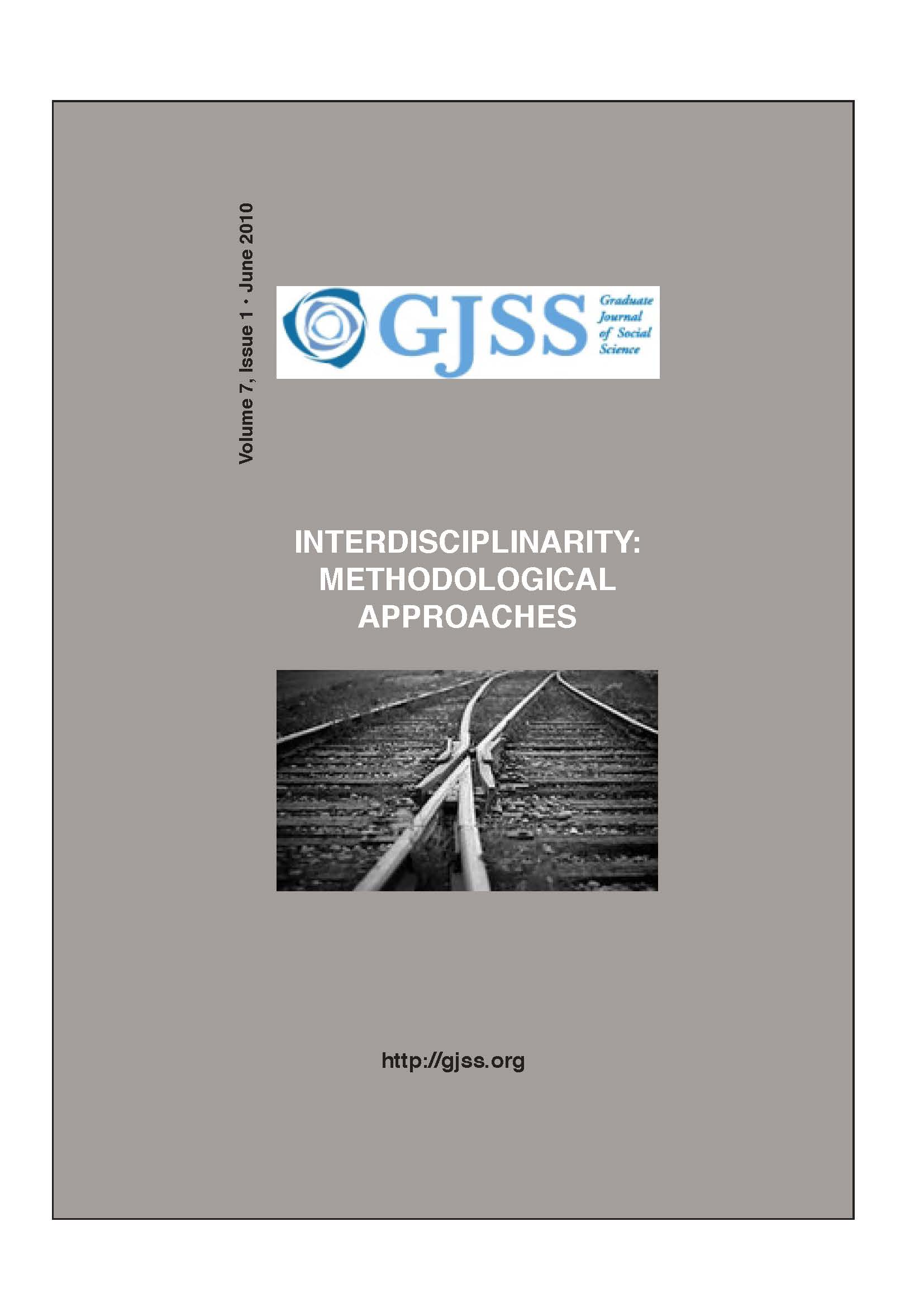Over the last decade, the Social Sciences and Humanities Research Council has been actively working to encourage interdisciplinary and collaborative approaches to acquiring and disseminating knowledge in Canada. How interdisciplinarity is understood and how it is translated into practice has been a source of debate, however. In this paper, we examine how we problematised interdisciplinarity and collaboration and how we learned from this process as a student group in the context of Hidden Costs / Invisible Contributions, a large multi-university research project based at the University of Alberta. Students have been involved at a number of levels in this project: our MA, MSc and doctoral research have become intertwined with and integral to the project; we have authored and co-authored papers and presentations, we have assisted in other members’ research, and we have been involved in the SSHRC midterm review. As emerging scholars, in a project which has combined the research and knowledge of both the social sciences and the humanities, we have had to develop our own strategies for negotiating differences. In this paper, we will investigate four key areas that we have identified as potential challenges to successful collaboration: conceptual, methodological, pragmatic and personal differences. In our examination of the difficulties and rewards that we faced as students in each area, we will argue that successful collaborative and interdisciplinary work across the social sciences and humanities requires a reconfiguration of the ways that we are taught to “see” our particular disciplines. We have had to challenge how we understand the language, practice and function of our disciplines and the manner in which we approach this work as individuals. This has been a transformative process for each of us, but also one that has lent a renewed rigour and expanded scope in our own individual work




